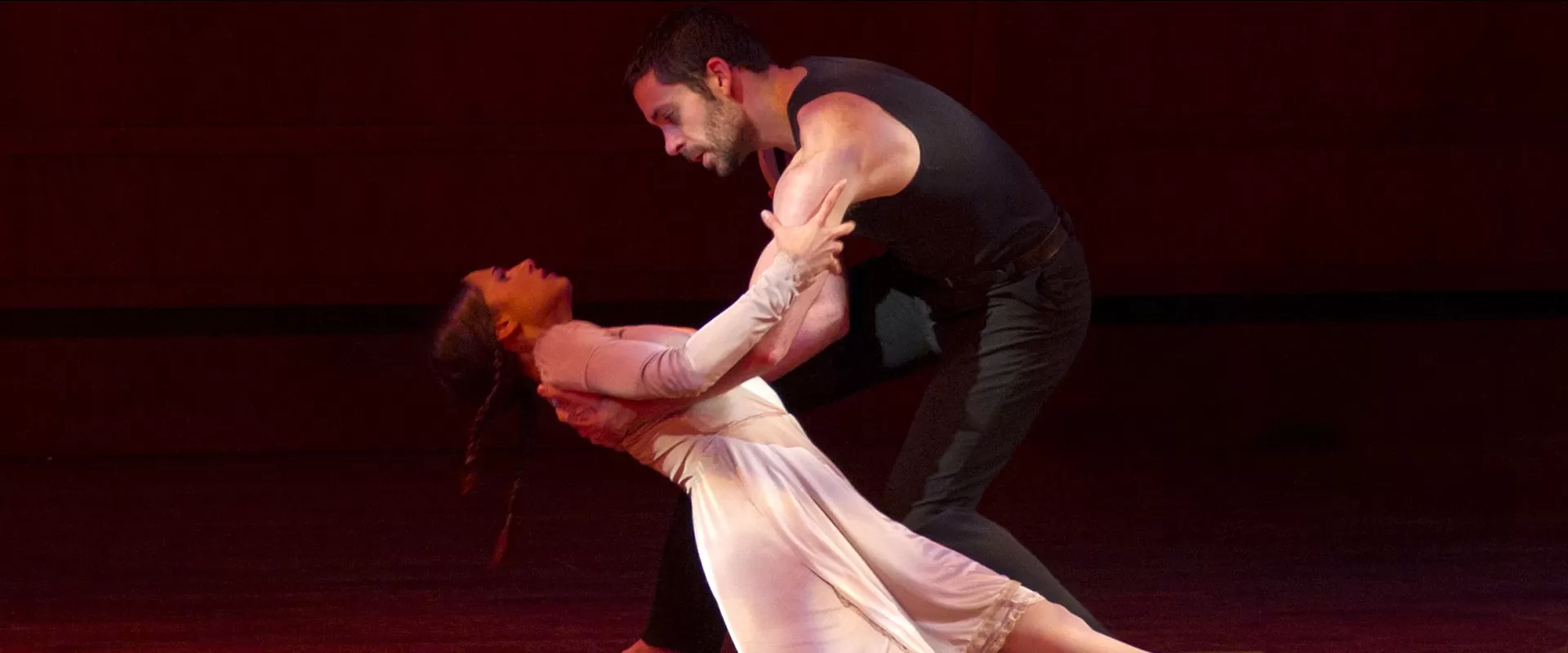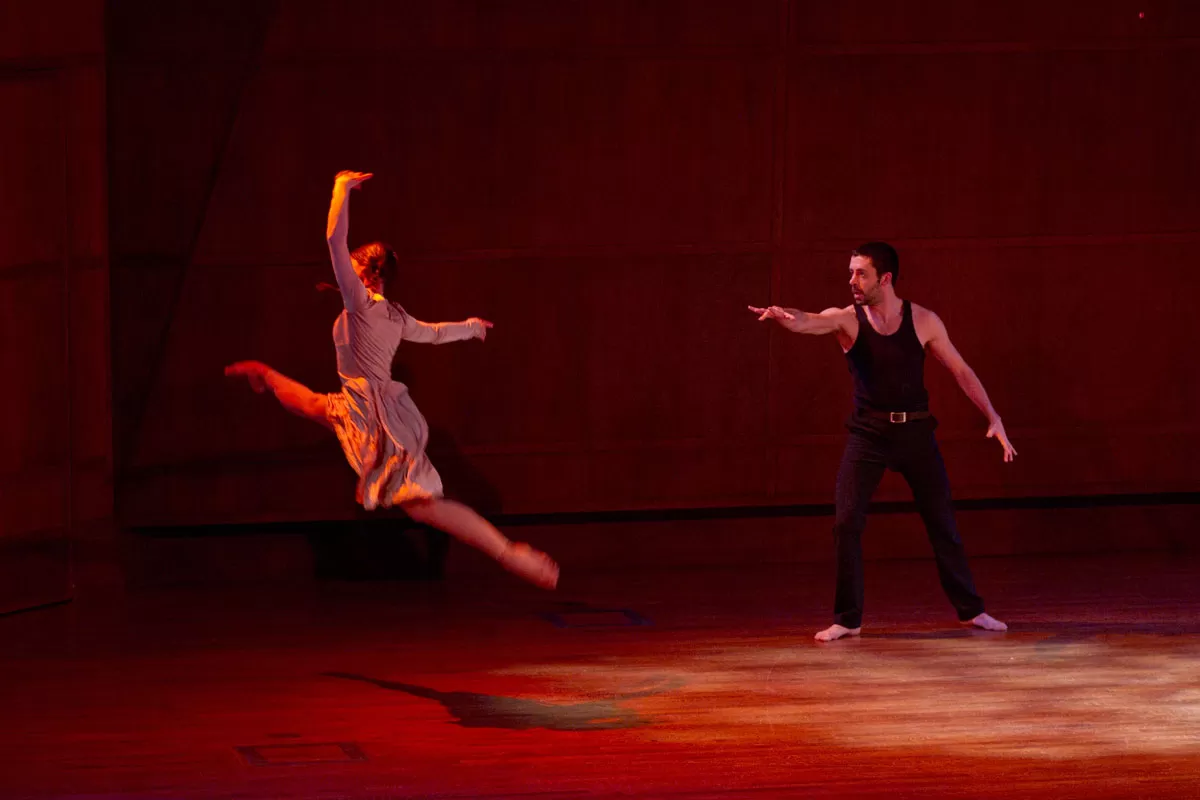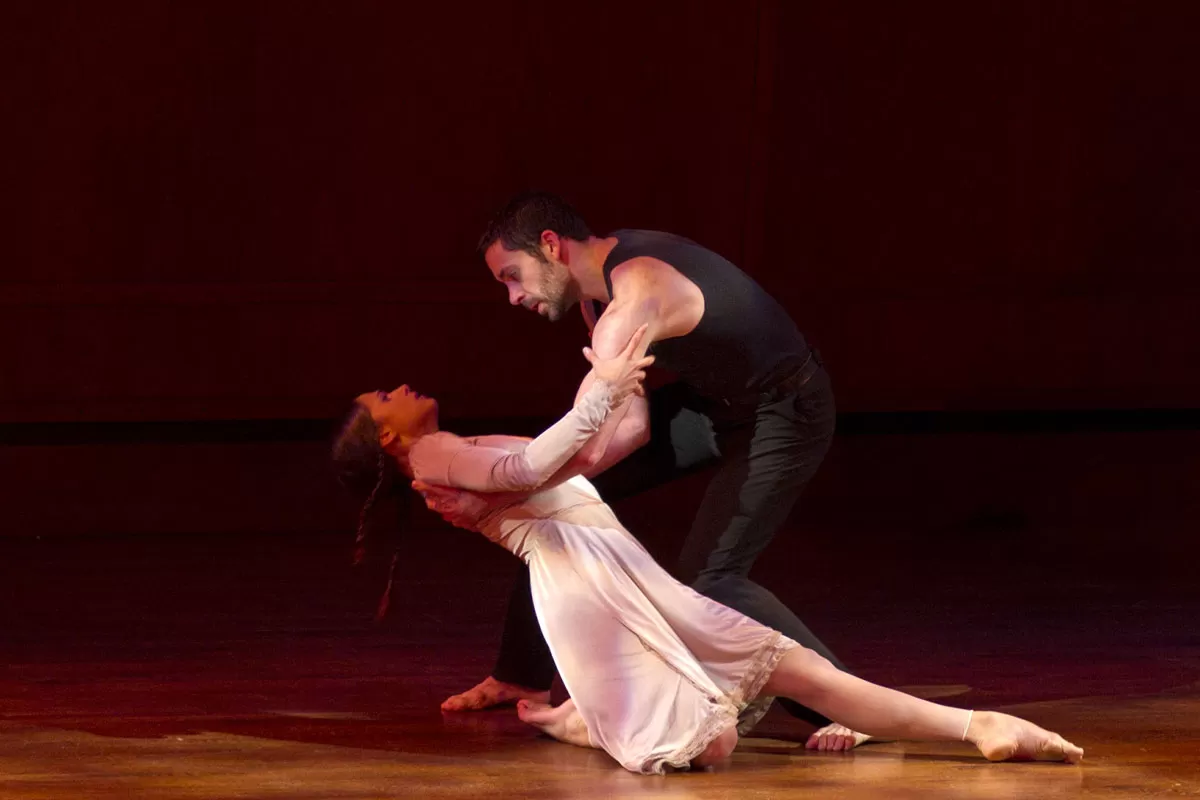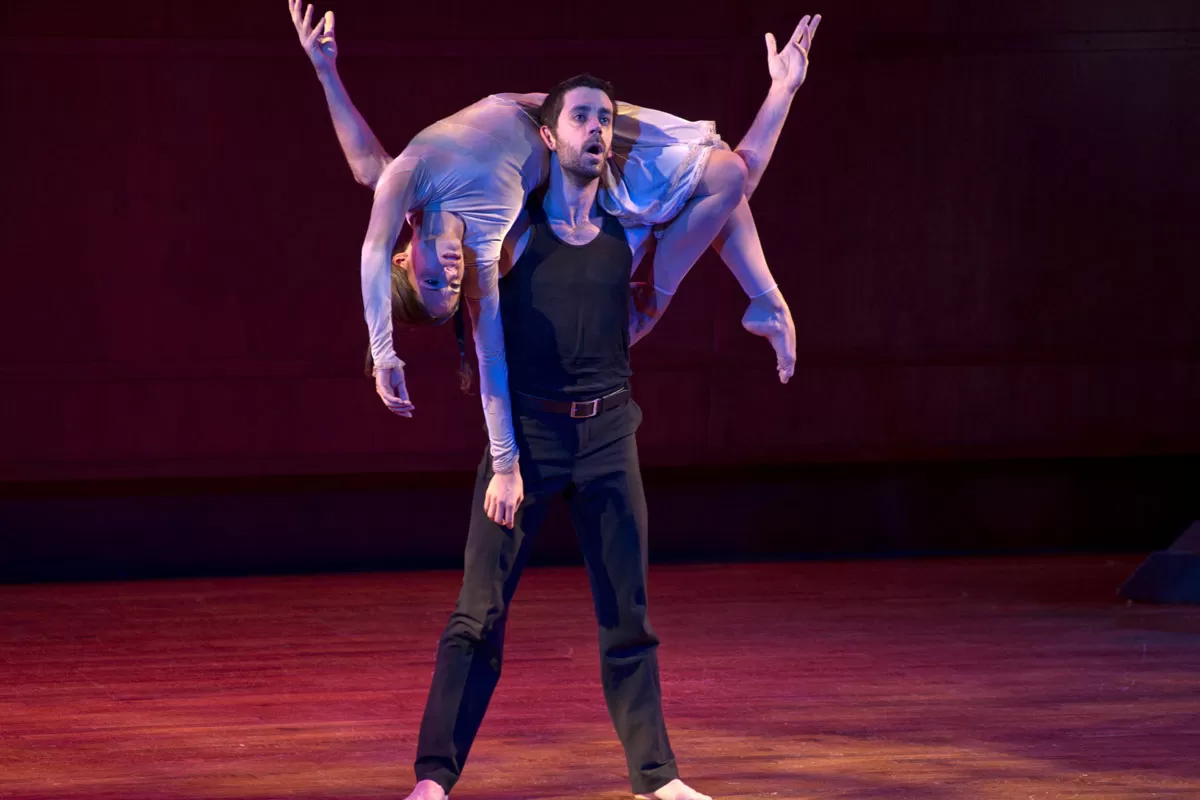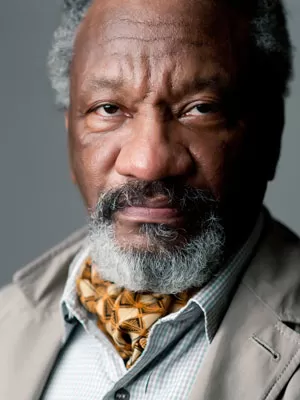MOR's second dance commission from Donald Byrd is for The Dybbuk Suite, Joel Engel's original incidental music to Yiddish writer S. Ansky's 1922 play. Engel led the Moscow chapter of the Society for Jewish Folk Music (the society lasted from 1908 to about 1919). He left Russia in 1922, moving first to Berlin, and then to Palestine in 1924. Earlier, in 1912, he and Ansky had embarked on an ethnographic trip through the shtetls of the Pale of Settlement. Engel returned with hundreds of musical transcriptions, and Ansky with the seeds of his play The Dybbuk, about a pair of star-crossed lovers and the legend of the dybbuk, a restless spirit that can possess the living.
The Dybbuk Suite (1922)
Joel Engel (b. Berdyansk, Crimea, 1868 – d. Tel Aviv, 1927)
WORLD PREMIERE OF MOR DANCE COMMISSION (2010)
Choreography: Donald Byrd, Spectrum Dance Theater
Joel Engel led the Moscow chapter of the Society for Jewish Folk Music for over a decade until 1919, publishing folk song collections and some 150 compositions by himself and other Russian-Jewish composers. In 1912, he joined the folklorist and Yiddish writer S. Ansky on an ethnographic expedition to collect Jewish music and other folk culture in the shtetls of the Pale of Settlement. The results of this expedition included hundreds of musical transcriptions and early field recordings that became the inspiration and source material for Jewish composers to the present day.
There they learned a tale about a “dybbuk,” the soul of a dead person possessing a living one. Captivated, Ansky went on to write the play The Dybbuk, and Engel wrote the incidental music, including traditional songs he had heard in the shtetls such as the Chassidic song Mipnei Ma (“Why?”) about the ascent and descent of the human soul. The Dybbuk had its premiere in 1922 in Moscow’s Habima Theater, and went on to become the most famous Jewish play in the world. Engel’s music, in its day performed across continents, has largely been lost to succeeding generations.
